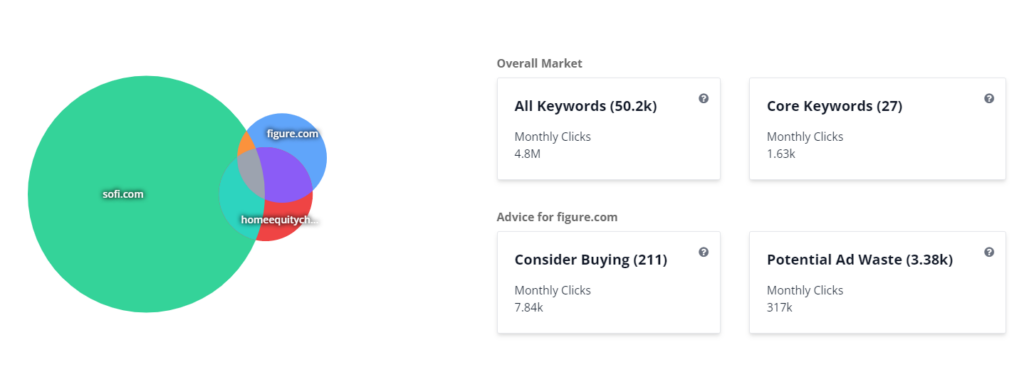
When we talk with ambitious startup founders, inevitably they ask about one of their large competitors who have been in the space since before dinosaurs were on the earth, and have more budget than Elon Musk, Bill Gates, and the entire Kingdom of Redonda put together.
We get it. Having a limited budget to market your finance product online can be a challenge. And going up against competitors quadruple your size (in both head count and budget) can seem daunting. But, there are some creative strategies that small businesses with limited budgets can take advantage of to gain an edge over their larger competitors.
Seems weird to say, especially when these larger brands have a huge amount of PR, brand presence, and real estate on search engines. But here’s the thing: there are three big issues that marketers at larger brands have to deal with that startups don’t:
A lot of larger, incumbent brands deal with the same issues with paid marketing as they do with SEO – large bureaucracy, technical debt, slammed dev teams, and slammed design teams. That means they can’t spin out more relevant landing pages, or more engaging lead magnets.
So what do they do to compensate? A lot of times, they throw the one advantage they have at it – money. But when you’re dealing with a huge amount of budget, you lose the trees when looking at the forest.
What does that mean? It means there’s a lot of wasted ad budget targeting keywords they aren’t primed to properly go after, or they aren’t taking advantage of lookalike audience targeting in creative ways because their budget makes up for it.
Let’s take a look at Figure.com for example. Figure is a huge unicorn in the cash-out-refinance space. When you look at their ad targeting, you’ll see they compete with Sofi.com and homeequitychoice.com. And what do we see? There are 3,380 keywords they’re bidding on that’s the equivalent to lighting money on fire. That’s roughly 317,000 clicks per month.

What if we could dive into those terms and find some relevant gems? By diving into the data, you’ll find terms that are more relevant to you. And here’s the trick with ads – if you have a more relevant landing page than your competitor, you’ll often outrank them without having to spend as much money per click. Killer, right?
Don’t have the budget for bidding on their underperforming keywords? Then build dedicated landing pages for those keywords and submit them to Google’s index via Google Search Console. You’ll be driving organic traffic from keywords they’re paying for.
Or better yet, do both.
It all comes down to understanding context. Most marketers will tell you success is all about knowing where your audience is.
But here’s a spoiler: More likely than not, they’re on all the major platforms. How do we know? Because we all are.
Instead, think contextually about what people are doing (and more importantly wanting) while on each platform.
Here’s a little tidbit that generally goes over what we found about how people operate on each social network:
By taking a more analytical approach to what your competitors are doing, you’ll be able to outpace them. It’s part of the reason (aside from plot armor) that a bunch of smaller X-Wings could take out the Death Star. Twice.